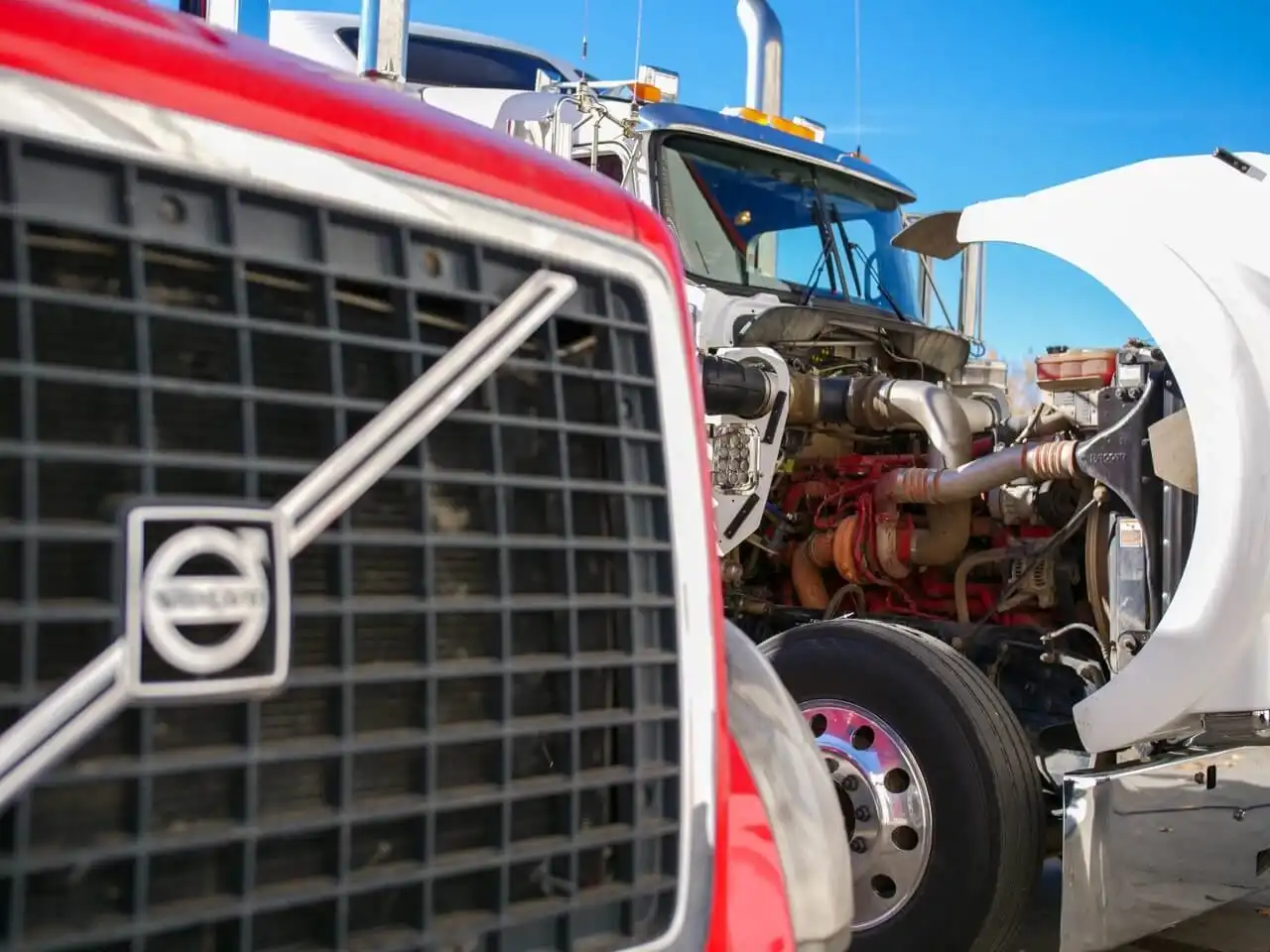
How AI and Diagnostics Software Are Revolutionizing Diesel Repair
AI and diagnostics tools are transforming diesel repair—speeding up fixes, predicting failures, improving compliance, and helping techs work smarter, not harder.

Fleet maintenance is crucial for your operation's success. Neglecting it can lead to expensive breakdowns, unhappy drivers, and trucks that are more often on the side of the road than on schedule. When maintaining your fleet, a critical choice arises: should you take your vehicles to a repair shop or have the repair shop come to your location?
Let’s review the advantages, disadvantages, and key factors of mobile fleet maintenance compared to traditional shop visits, helping you select the best solution to ensure your California-based business operates smoothly.
Imagine mobile fleet maintenance as having the repair bay or workshop come directly to your site. Instead of transporting trucks to a fixed location, a service vehicle fully stocked with tools, fluids, and diagnostic equipment comes to your location. Mobile technicians are capable of handling many preventive maintenance tasks, including:
It’s not only about convenience but also about minimizing downtime. Instead of pulling multiple trucks off the road for shop visits, you can service several trucks right where they are parked.
Shop visits follow the traditional model: bringing trucks to a repair facility equipped with advanced tools, heavy-duty lifts, and a controlled environment where specialized diesel technicians can work. These shops offer all the services mobile units provide, and additionally:
These facilities typically have more diagnostic tools and a broader range of equipment for heavy-duty repairs.
When the shop arrives at your location, your trucks can spend more time on the road and less time waiting to get into a repair bay. This is particularly advantageous for large fleets that operate on tight schedules.
If you have 10, 20, or even 50 trucks parked in the yard overnight, mobile service can handle multiple units during a single visit—saving drivers from spending hours shuttling vehicles.
Mobile technicians excel at performing scheduled PM services such as oil changes, brake inspections, tire rotations, and DOT checks. Keeping up with these essentials helps prevent minor issues from developing into larger and more expensive problems.
Mobile teams frequently work evenings or weekends, allowing you to service trucks during off-hours without disrupting daily operations.
Shops feature heavy-duty lifts, alignment racks, and high-capacity air systems that mobile units cannot compete with (although some mobile-only services do have specialized tools and equipment that would usually be shop-only).
While mobile technicians use diagnostic tools, a full-service shop typically has advanced diagnostic computers and equipment for thorough system troubleshooting—particularly for after-treatment systems such as the DPF, EGR, and SCR.
Shops are not affected by weather conditions. Repairs can be carried out throughout the year without being delayed by heat, rain, or dust.
If a repair requires several technicians or specialised expertise, a shop can assign the right people right away.
Mobile maintenance is the best choice when:
Shop visits are the right move when:
Many California fleets use both approaches—utilising mobile services for regular PMs and visiting the shop for more complex tasks. For example:
This hybrid approach minimizes downtime while providing your fleet with the advantages of both convenience and capability.
Choosing between mobile fleet maintenance and shop visits isn’t about selecting a winner—it’s about understanding when to use each option. If you’re managing a fleet in California, a smart approach is often a balanced mix: mobile services for regular upkeep, shop visits for major repairs.
By matching the right service to the right situation, you’ll keep your trucks on the road, your schedules on track, and your repair costs in check.

AI and diagnostics tools are transforming diesel repair—speeding up fixes, predicting failures, improving compliance, and helping techs work smarter, not harder.


New diesel repair tech—like ECMs, smart sensors, remote diagnostics, and AI tools—is cutting downtime, boosting accuracy, and helping fleets stay compliant. In strict states like California, these upgrades are essential for fast, efficient service.


Telematics optimizes diesel fleet maintenance by preventing breakdowns, improving fuel efficiency, and ensuring compliance. Predictive diagnostics reduce costs and downtime.
